Ich habe schon länger mit dem Microfreak geliebäugelt, um mein kleines Heimstudio mi einem "hybriden" Synth auszustatten. Der Microfreak erfüllt in meinem Kopf das Profil, sowohl satte und verzerrte Sounds für Drum & Bass, aber auch modular und weich klingende Sounds für meine generative Ambient-Musik basteln zu können. Als dann die Thomann-Edition augetaucht ist, konnte ich nicht mehr widerstehen - und ich wurde nicht enttäuscht.
Das Teil klingt fantastisch, von analog klingenden Sounds bis kompexen, verzerrten Wavetable- und Granular-Sounds scheint alles möglich. Selbst (zugegen digital klingende) Drums und Percussion Elemente sind kein Problem. Man kann vermutlich ganze EPs mit dem Ding bauen ohne sich wiederholende Sounds zu benutzen.
Der Workflow ist zunächst gewöhnungsbedürftig - man findet sich aber m.E. schnell zurecht und kann die Matrix dann für das volle Potenzial des Geräts nutzen.
Abstriche würde ich nur in der Verarbeitung (viel "simples" Plastik) und der nicht vorhandenen FX-Sektion machen (da hilft im Zweifel aber auch ein Pedal oder die DAW nach) - das ist bei dem Preis aber Meckern auf hohem Niveau. Für das Geld bekommt man hier nämlich einiges geboten. Momentan auf jeden Fall der Hardware-Synth, den ich am meisten benutze.
Uneingeschränkte Kaufempfehlung - sowohl für Einsteiger ins Hardware-Setup als auch für erfahrene Nutzer, die noch eine kleine eierlegende Wollmilchsau im Studio gebrauchen können. :)


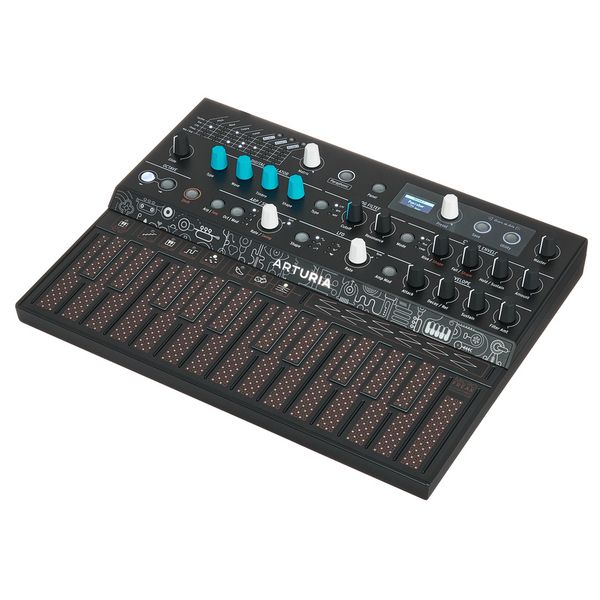
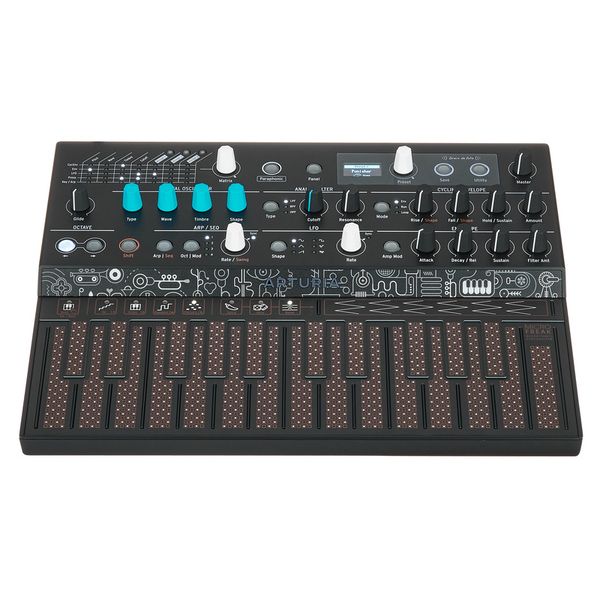
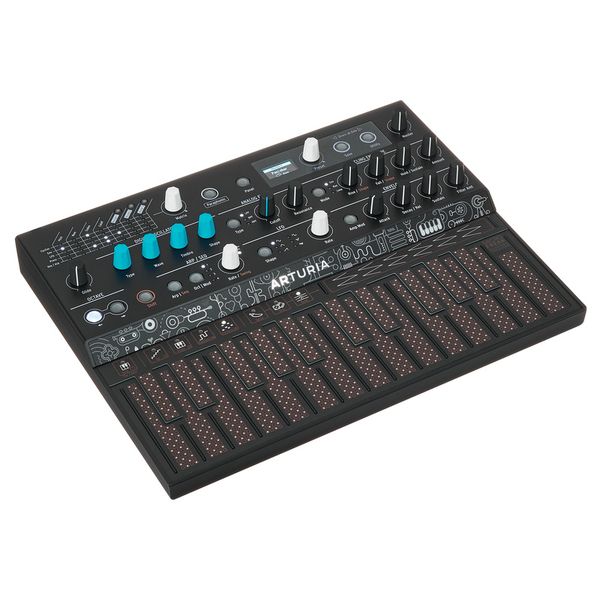
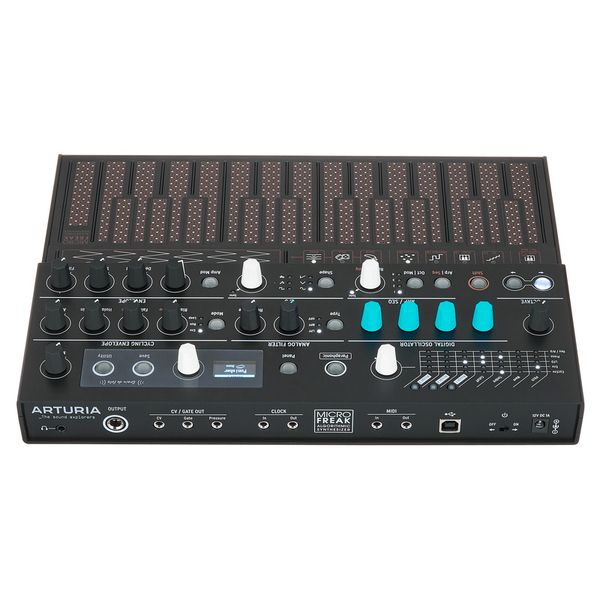
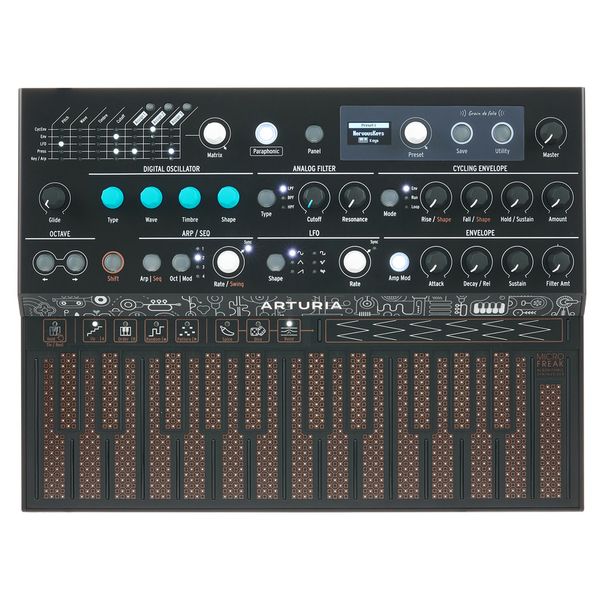
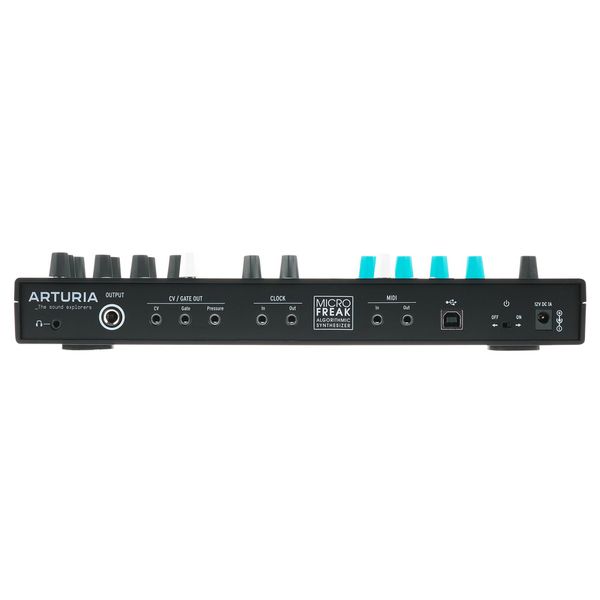
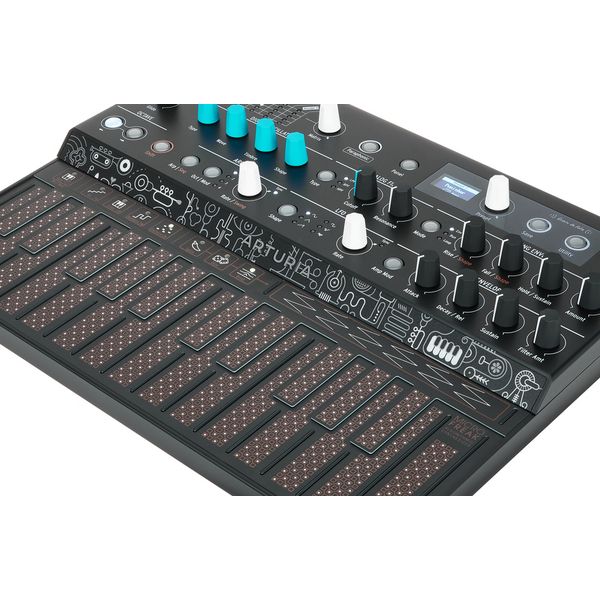
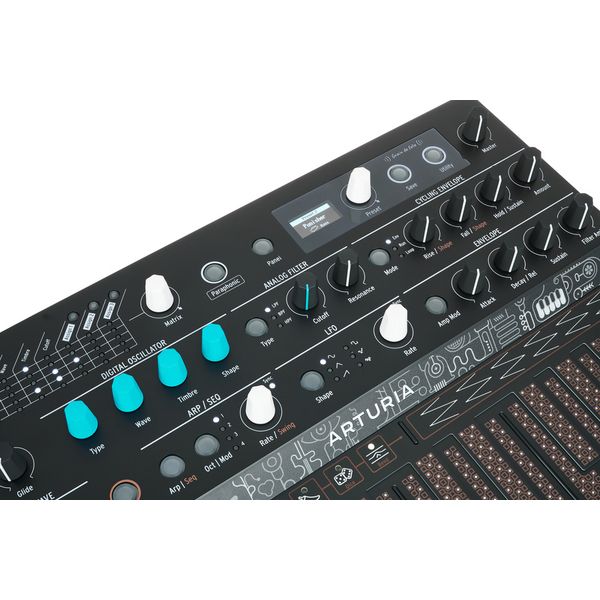
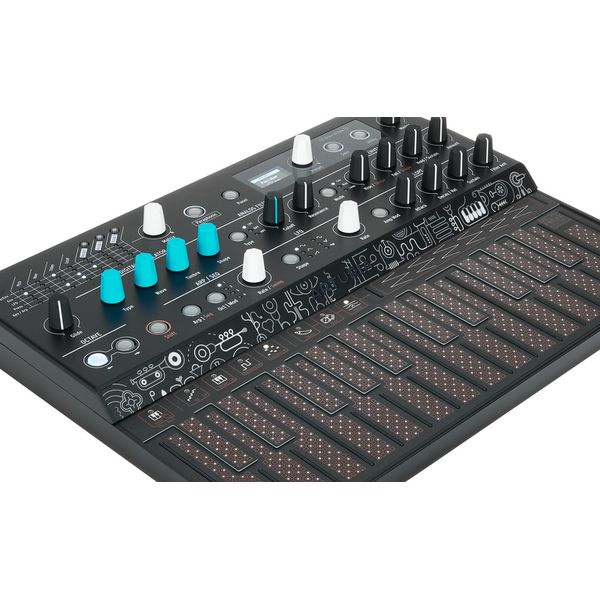
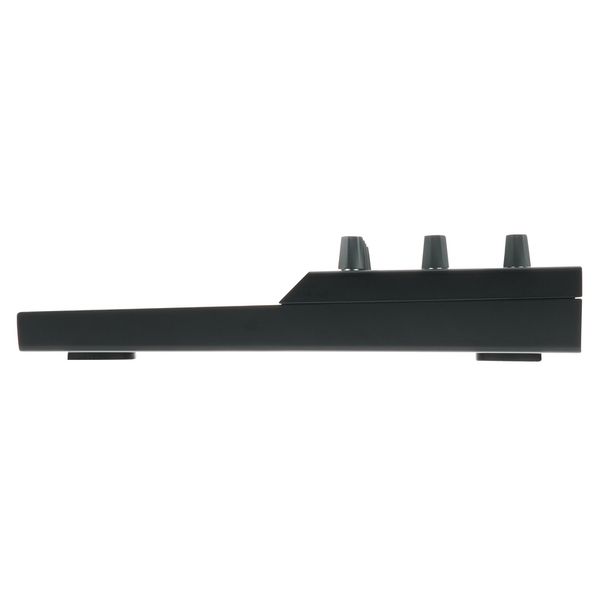
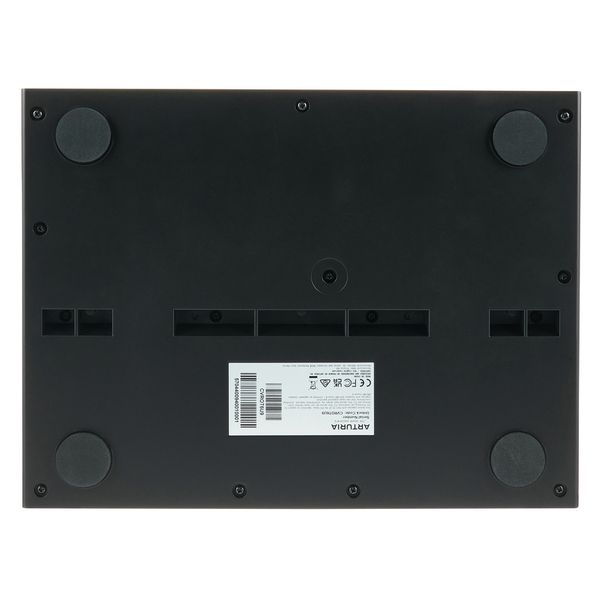
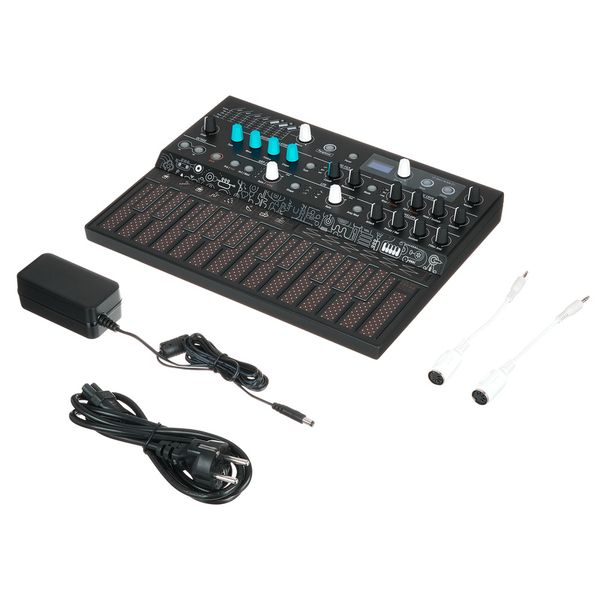
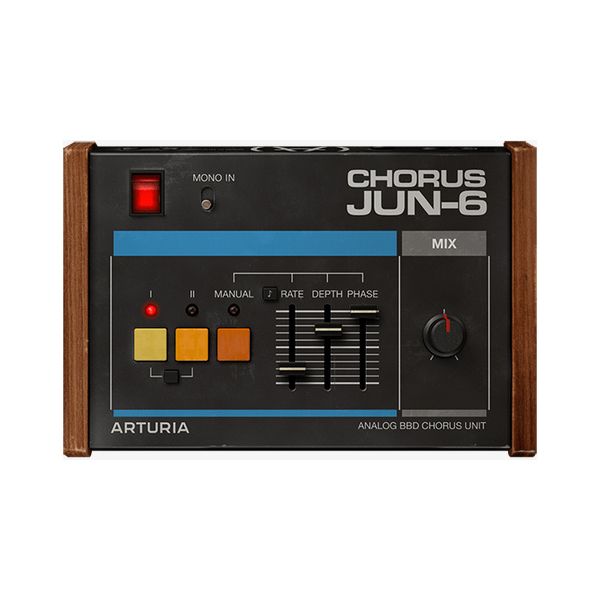

















)
)
)
)


